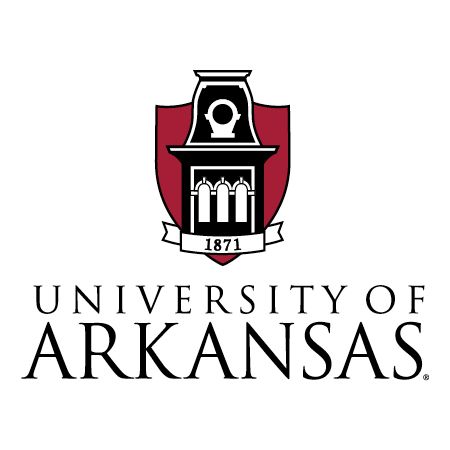FAYETTEVILLE, Ark. – More than $4 million in CARES Act funding and federal education grants announced this week will be used to develop two new diversity initiatives in the Dale Bumpers College of Agricultural, Food and Life Sciences and replace four aging Razorback Transit buses.
The Federal Transit Administration is awarding the university $3.5 million through the CARES Act to support operating expenses related to the COVID-19 pandemic and replace four aging buses in the Razorback Transit fleet.
The National Institute of Food and Agriculture is also awarding nearly $300,000 each to associate professors Christopher Estepp and Jill Rucker as part of the Higher Education Challenge Grants Program.
Estepps research initiative titled, Prepares: Providing Relevant Experiences and Pedagogy in Agriculture to Retain and Engage Students, will examine new ways to enhance instructional experience for students at UA Cossatot, the only Hispanic-Serving Institution in Arkansas, while encouraging Cossatot students to pursue academic and career pathways related to priority areas in agriculture.
This will allow UA Cossatot students the opportunity to work with U of A faculty and students while still enrolled at the community college.
Rucker’s research titled, Teaching Agricultural Communications for Career Success, will aim at increasing the number of Hispanic students actively involved in agriculture, increasing cultural competency and assisting in skill development among food, agricultural, natural resources, and human sciences majors.
The grants were announced by U.S. Rep. Steve Womack’s office.
The Higher Education Challenge Grants Program is part of an effort to enhance the quality of instruction at higher education intuitions and to increase the number and diversity of students who pursue and complete a postsecondary degree in the food, agricultural, natural resources, and human sciences.
About the University of Arkansas: The University of Arkansas provides an internationally competitive education for undergraduate and graduate students in more than 200 academic programs. The university contributes new knowledge, economic development, basic and applied research, and creative activity while also providing service to academic and professional disciplines. The Carnegie Foundation classifies the University of Arkansas among fewer than 3 percent of colleges and universities in America that have the highest level of research activity. U.S. News & World Report ranks the University of Arkansas among its top American public research universities. Founded in 1871, the University of Arkansas comprises 10 colleges and schools and maintains a low student-to-faculty ratio that promotes personal attention and close mentoring.
Topics
Contacts
John Thomas, manager of university communications
University Relations
479-575-7430,
